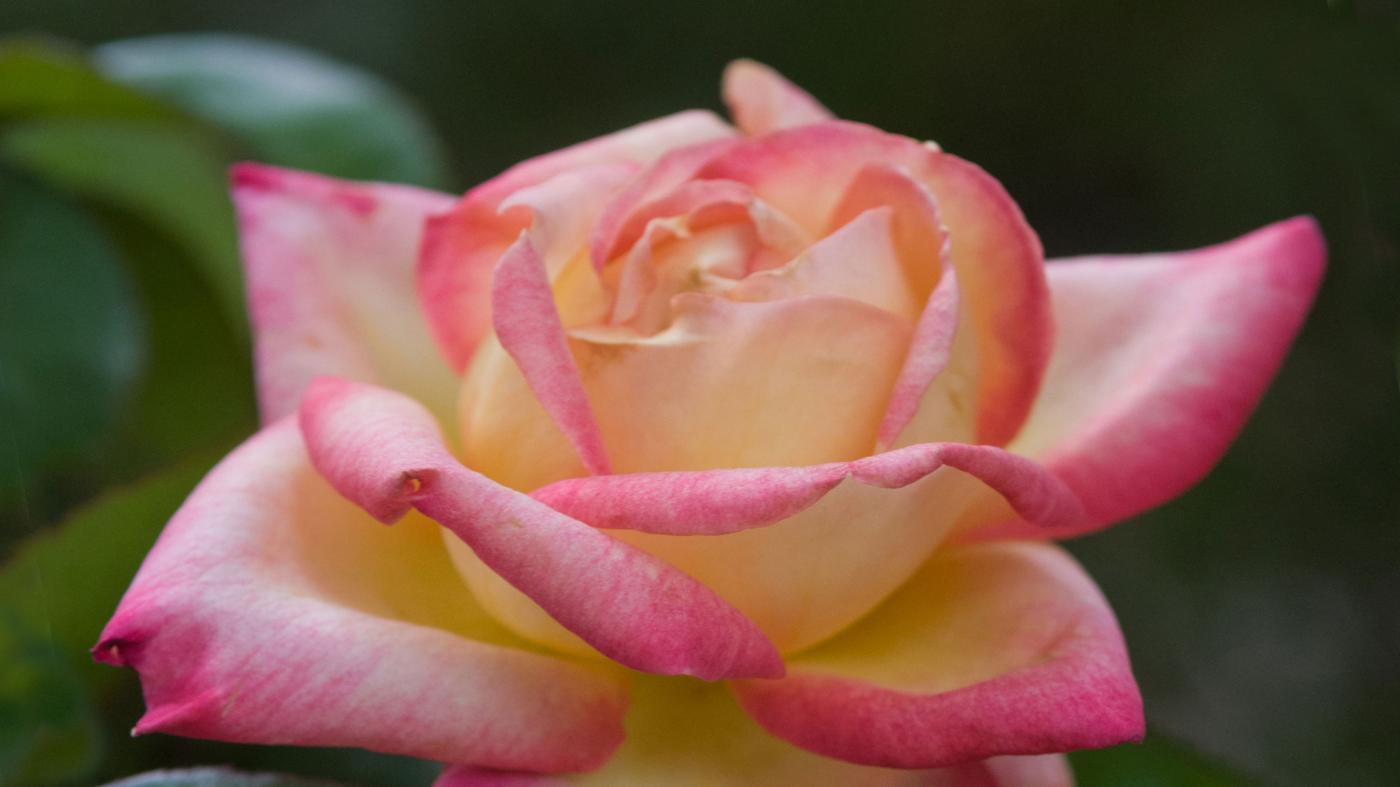
42.14294815, -87.78515625
42.14440918, -87.78640747
42.14496994, -87.78607941
42.15039062, -87.78955078
42.15065002, -87.78852844
42.15067291, -87.78858948
Really Blue False Indigo
Really Blue false indigo is named for the vividness of its hue -- an eye-popping rich deep blue.
Members of the genus Baptisia are commonly known as wild or false indigo due to their use by early Americans as a blue dye. Although "indigo" is in the common name, the blooms of native species may be blue, yellow or white and the blooms of newer hybrids may include lavenders and bi-colors. The late spring or early summer flowers emerge along long stems held above attractive foliage and are followed in the fall by dark pods. Overall habits of the plant are broad-rounded mounds to vase-shaped and range in height from two to five feet. Baptisia are considered easy-to-grow, sun-loving, long-lived perennials with very good drought tolerance once established.
Baptisia are native to North America; there are more than 20 species within the genus. The Chicago Botanic Garden's collection includes over 60 varieties and more than 9,000 individual plants. A number of new varieties of Baptisia have been developed as part of the Plant Breeding program at the Chicago Botanic Garden. Selection criteria included bloom production, color, habit and plant size. These new cultivars have been introduced to the trade through the Chicagoland Grows® program. The Chicago Botanic Garden now holds the national collection of Baptisia under the auspices of the Plant Collections Network of the American Public Gardens Association.







